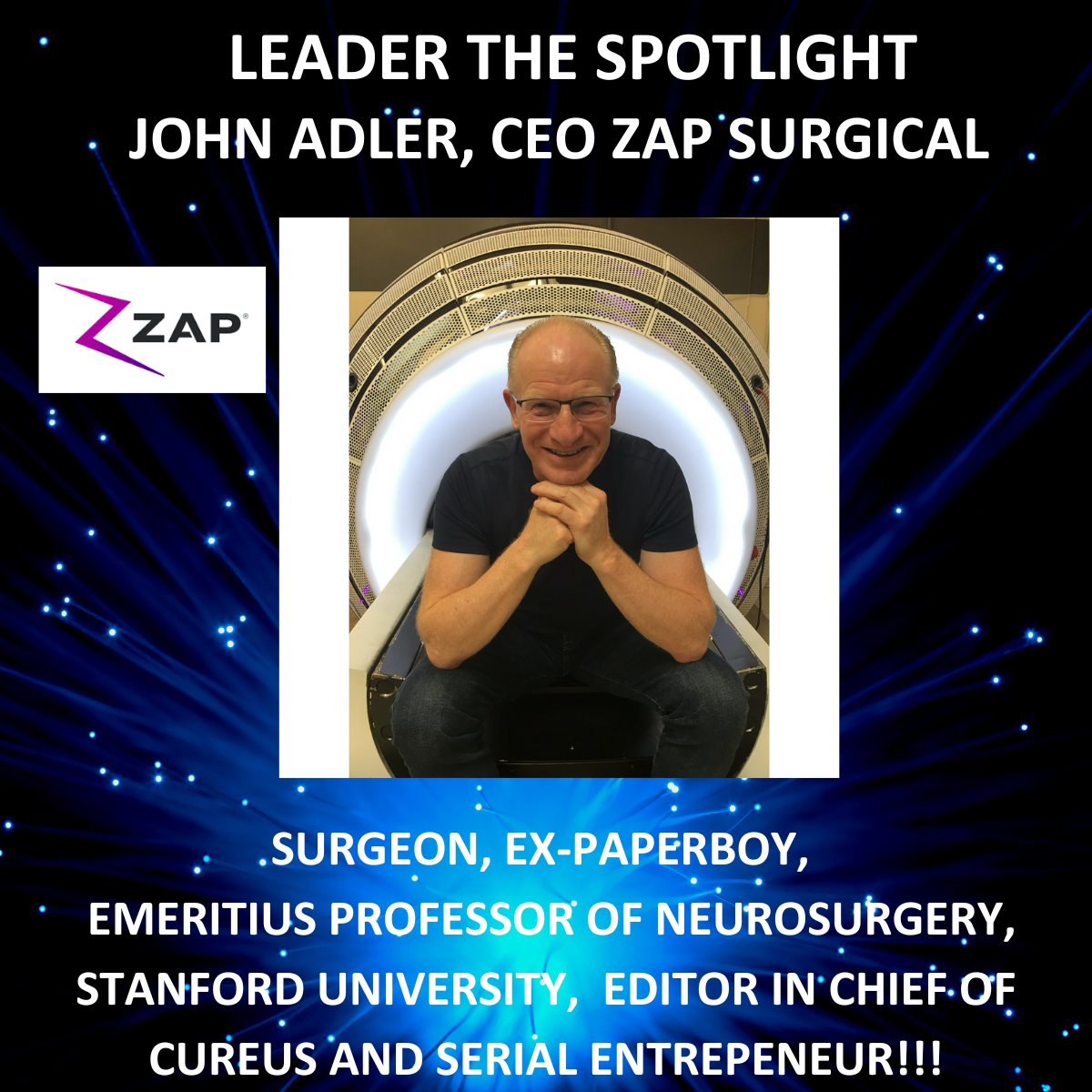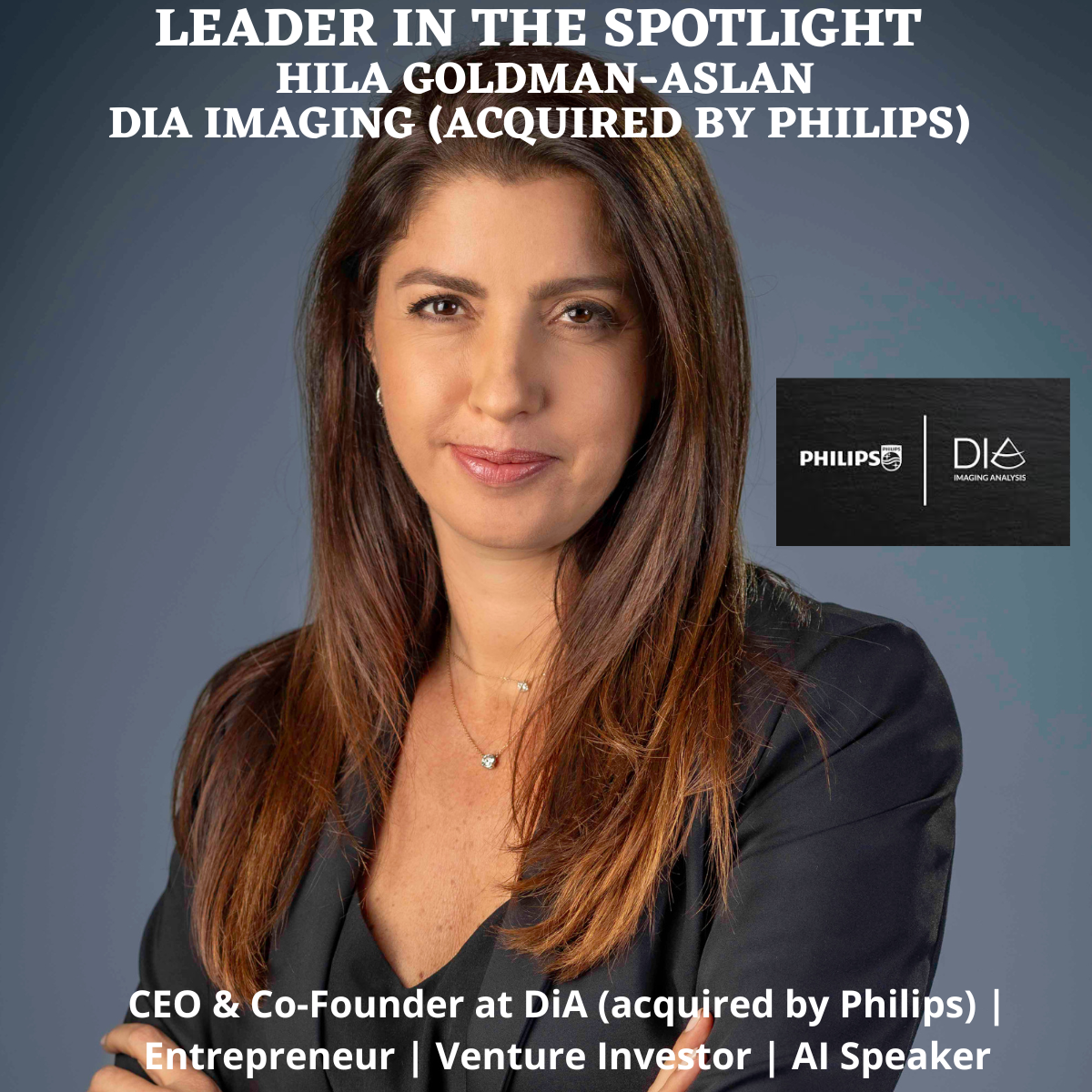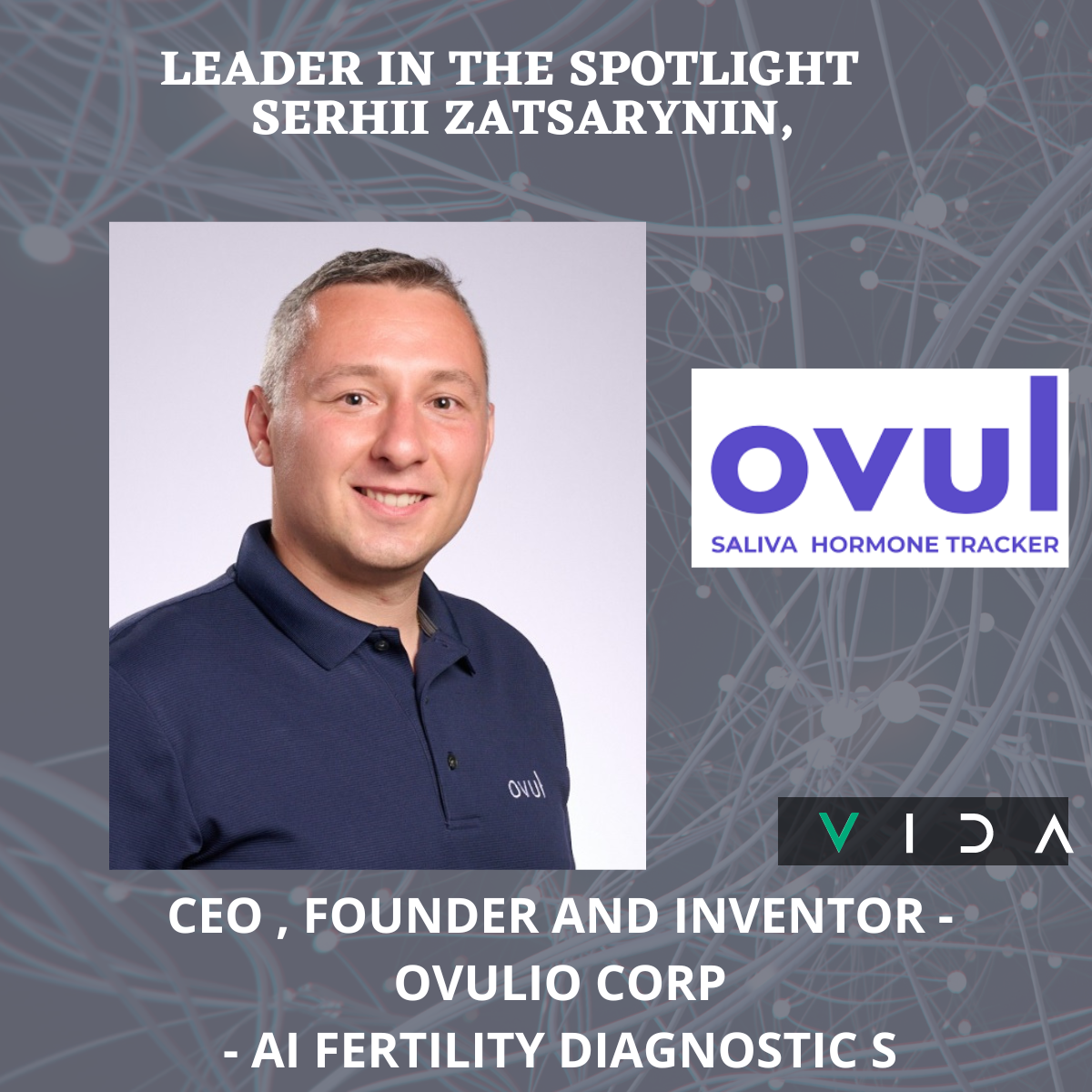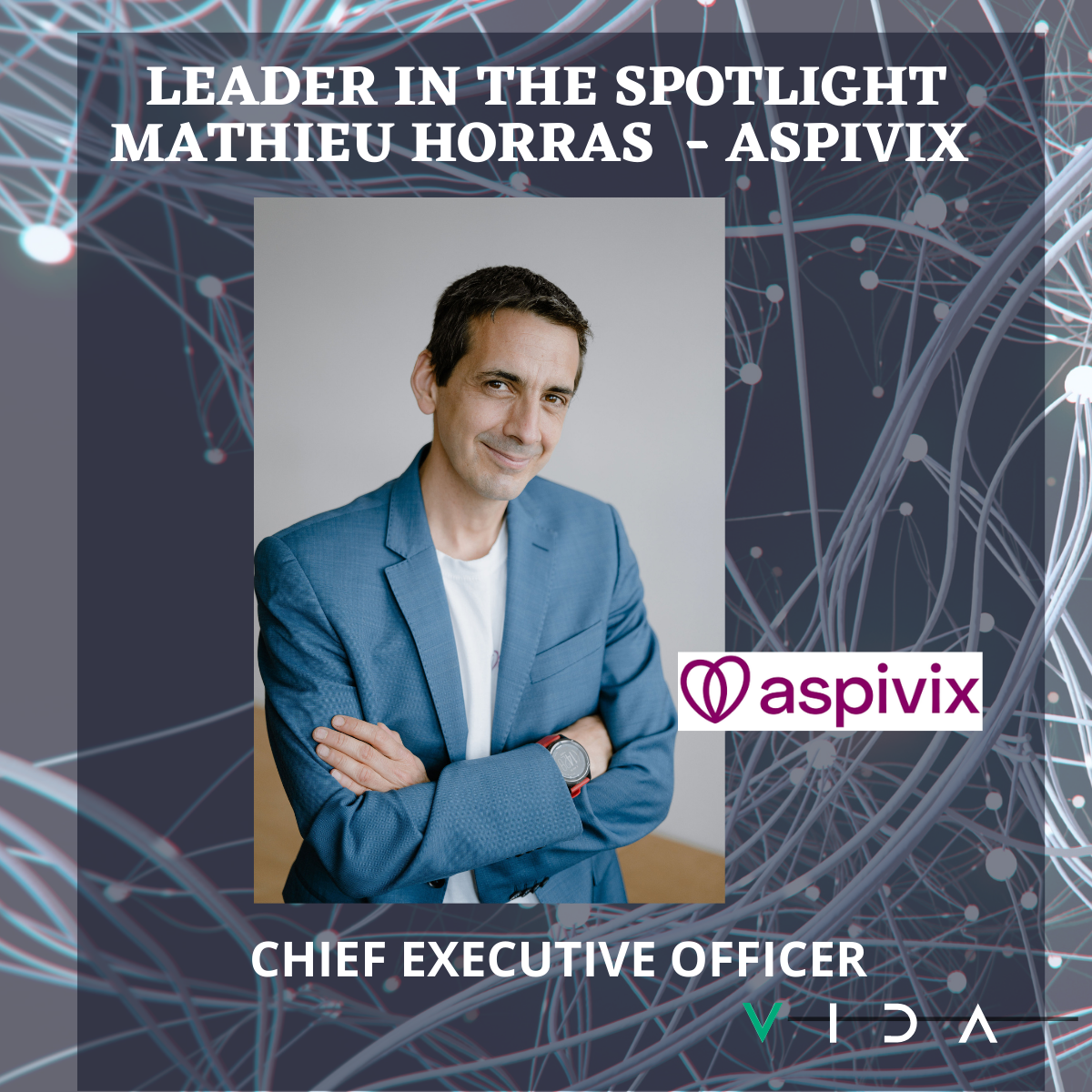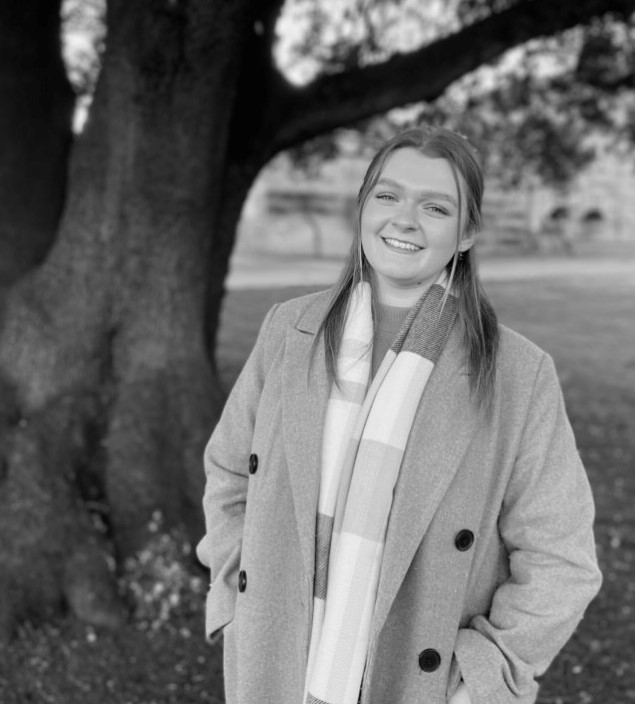
POSTED BY
Kirsty McConville
October is ADHD Awareness Month, and the 2023 theme is 'Moving Forward with ADHD'.
Our very own Charlie Brown - Managing Director at Austin Frye - has ADHD and has had to adjust her work and leadership style to make things easier for herself and her team. We asked Charlie if she could share her experiences with us, if there were any helpful tips she's learnt about managing ADHD as a woman in leadership.
Hopefully you find this just as insightful as we have! Thank you so much to Charlie - forever helping us realise our differences are to be celebrated.
Can you share your journey and experiences as a neurodiverse, ADHD woman in the business world?
Women with ADHD are nicknamed "The Lost Generation.” ADHD in women was not recognised until many years after it was identified in men (1968 in men, 1980’s in women in the DSM*). A large percentage of women have ADD (or the type of the neurodiversity that comes without the hyperactivity element), so it was even more challenging for a woman with ADHD like me to get diagnosed.
I was officially diagnosed with “hyperactivity” at age 7, but there were no UK wide protocols in place, personally or educationally, to form a foundation of understanding applicable to a professional career. It also wasn’t recognised that ADHD actually carries on into adulthood, so I was unaware “what was wrong with me.”
When at university I couldn’t study and others could, which in the past really impacted my sense of self-worth compared to my peers. I felt like I knew what to do (and was due for a First in my degree after the first year) but due to an inability to concentrate effectively as an unmedicated/unaddressed ADHD female, my final mark was a 2:2, which until recently, I hid from everyone as I felt shame. Luckily, I did feel proud that I had completed my degree, partly due to the fact Product Design involves spending the majority of your time designing projects and manufacturing prototypes in the workshop, so this was an element I really loved and could concentrate on fully (this is called “Hyperfocus” now).
I left university still undiagnosed and was catapulted into banking, but at this point I had (by good fortune) procured a book on Women with ADHD (from a bookshop, as Amazon one-click didn’t exist then!) and it dawned finally that I wasn’t defective, I was just different.
The banking world is a tough playing field with for anyone with ADHD and this was where I started my professional career. In Birmingham in the early 2000’s it was stuffy and absolutely dominated by men in all the senior positions (our meetings were actually sometimes held in strip clubs). Luckily, the 2008 crash motivated me to move more rapidly into manufacturing, which was my dream (playing with Meccano, not Barbies as a child), and this is where ADHD can thrive! Packaging is an innovative, colourful highly engaging market to work within, and I have never once regretted this choice.
How do you manage your ADHD in a leadership role? Are there specific strategies or tools that have been helpful to you?
It is challenging because your brain is always “on” and not always in a good way, but with support from my employer, leading Austin Frye has been a far more rewarding experience than management has been in the past. As I was undiagnosed previously (formally diagnosed in 2020), I can imagine I was a tough cookie to manage and a tough manager to work with. After learning some hard lessons and consuming the majority of the literature on women with ADHD like a mad-person, I feel (and hope) that is different now. I have designed a very supportive protocol for myself to follow to ensure my team get the good bits, and less of the harder-to-align-with elements of having a neurodiverse manager. I try to support the brilliant team I’m lucky enough to have through heart, which sounds fluffy but actually it’s been more effective recently than any leadership manual I could have followed to the letter.
Have you encountered any challenges or biases related to your neurodiversity in your career? How have you navigated them?
Many groups from a minority will have experienced the same and I certainly don’t hold any of the previous challenges as a badge of honour. Rather, as a female with ADHD, you just “get on with it”.
I will say however, the new generation (Gen Z) and the pandemic, have been two of the best things to happen to many diverse minority groups in terms of visibility since I have been alive. I know this will be a controversial statement, but now you have permission to be “yourself” and not be expected to conform to an early 90’s corporate environment of grey suits and being two people i.e., unscrewing your “home” head and your “work” head respectively, which then had to be firmly placed in the Eleanor Rigby jar when you left home to drive to work.
It's brilliantly freeing and I see a much brighter path for the remainder of my career and other neurodiverse people because of this shift.
What advice do you have for other neurodiverse individuals aspiring to leadership roles in their respective fields?
I don’t know if I am qualified to give advice for sure, but I guess what I would say is – being neurodiverse is both amazing and frustrating, but if you can capture the essence of both, and form a solid foundation to your self-worth, the sky is the limit! Bill Gates, Cher, Richard Branson – they are all ADHD, so if you have the courage to be yourself (in a non-cheesy way) and make no excuses for it, you can hold your head high, believe in and follow your ideas.
How do you promote a neurodiverse-friendly workplace culture within your organization?
We have recently employed the VIA strengths test in our team – Insights can be great for non-neurodiverse people, but it doesn’t always work for a neurodiverse tribe, so VIA enables us to work to our strengths, make them more visible to the whole team and, regarding the strengths that are lower down on the spectrum for us all, we support each other and behave with respect and patience.
How do you balance your personal and professional life while managing ADHD? Are there any self-care practices that you find helpful?
I do something called the Miracle Morning. I believe it’s one of the most life changing things anyone can do. The app says it’s now been 247 days I’ve been practising it and, simply, it has saved my life.
What role do you see neurodiverse individuals playing in shaping the future of your industry or the business world in general?
At this embryonic stage of neurodiversity being recognised and “accepted” it’s truly hard to say, but I honestly believe none of us are “normal” (whatever normal is.) I apologise if this sounds cliché, but clichés are so because they happen so often….
So, I’m not embarrassed to say - if we were all a little more accepting of each other’s differences, beliefs, and backstory, regardless of your name, location or any other differentiating factor – we’d get the best from each other and ourselves.
*The DSM are The Diagnostic and Statistical Manual of Mental Disorders - a handbook used by healthcare professionals in much of the world as an authoritative guide.
